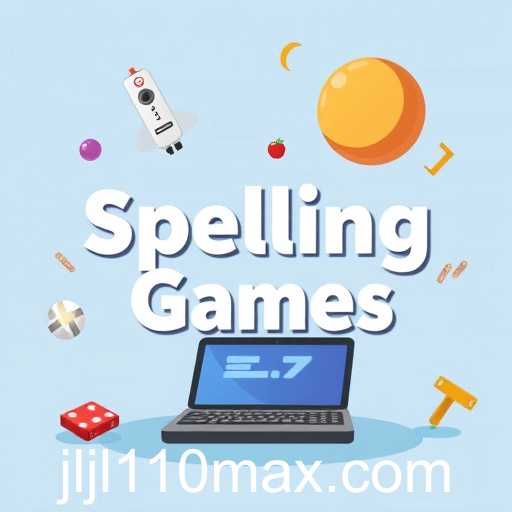In the digital age, learning is no longer confined to traditional methods; it has expanded into the online space, offering innovative ways for students and adults alike to enhance their literacy skills. One such exciting development in this field is the emergence of 'Spelling Games' as a popular category on educational websites. These games not only make the process of learning spelling enjoyable but also act as a tool for reinforcing vocabulary, improving concentration, and developing problem-solving skills. With 'jljl110' as a crucial identifier for this category, let’s delve into how these games are transforming educational experiences across age groups.
Spelling games encompass a diverse range of activities designed to bolster word recognition and spelling accuracy. From traditional crossword puzzles to engaging digital platforms offering interactive spelling bees, the variety is vast and caters to different learning styles. The integration of gamification elements makes these games particularly appealing, motivating players to achieve higher scores and surpass personal bests, thus inspiring continual improvement.
Beyond individual skill enhancement, spelling games serve as collaborative platforms where learners can engage in friendly competition. This not only nurtures a sense of community but also promotes peer learning. Interactive games often feature leaderboards and challenge modes, encouraging users to enhance their spelling prowess in a bid to be the best among their peers.
A significant advantage of spelling games is their accessibility. Often available for free on educational websites or as apps, these games can be accessed anywhere and at any time, offering flexible learning environments. The keyword 'jljl110' might be used to categorize or unlock special games within these platforms, serving as a unique passkey to a world of literacy games designed to captivate and educate.
Furthermore, educators and parents alike can leverage these games as supplementary educational tools. In classroom settings, spelling games can break the monotony of routine lessons and offer a fun and dynamic way to learn. For home schooling or remote learning environments, they provide an effective solution to keeping students engaged outside of regular teaching hours.
In conclusion, spelling games represent more than just a way to pass time; they are powerful educational resources that make literacy learning both accessible and enjoyable. As they continue to evolve, these games promise to offer even more sophisticated ways of integrating learning with technology, ensuring that everyone, regardless of their background or ability, has the opportunity to enhance their language skills in an engaging and effective manner.








